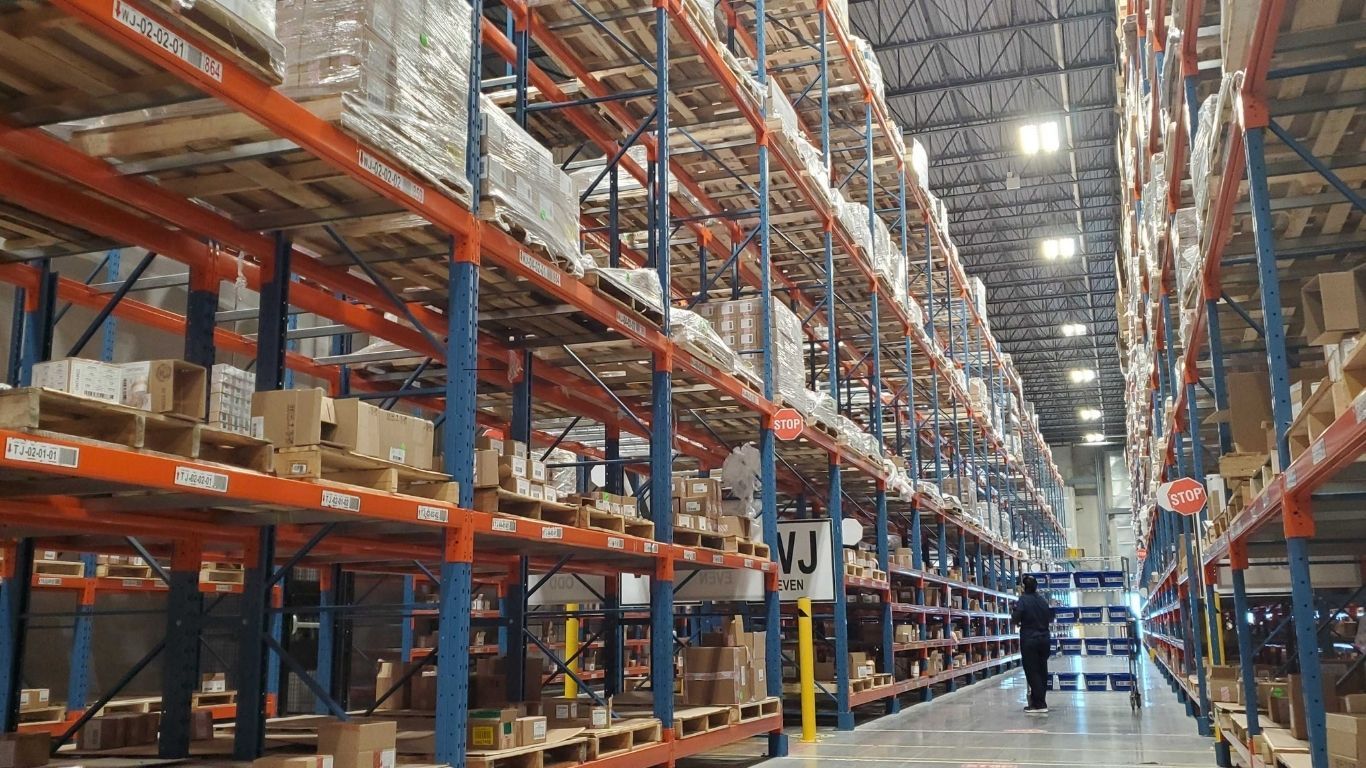
A group of cannabis retailers have filed suit against the BC government for what they say is a failure to enforce the province’s own regulations.
The notice of civil claim—filed the week of Monday, April 25, in the British Columbia Supreme Court—accuses the office of the Attorney General of BC along with the office of the BC Minister of Public Safety and the Community Safety Unit of failing to enforce provincial cannabis laws, especially on First Nations reserves as defined in the Indian Act.
The plaintiffs—14 retailers in BC—are seeking $40 million in damages and the enforcement of these provincial cannabis regulations.
“As a result of the defendants’ failure to enforce the Cannabis Control and Licensing Act, the plaintiffs have each suffered, and continue to suffer damages in the form of loss of income, and loss,” argues the lawsuit.
The legal action argues that Section 88 of the Indian Act allows for provincial enforcement of laws of general application with respect to Indigenous lands. In the past, the province has confirmed their interpretation that BC’s Cannabis Control and Licensing Act is a law of general application that gives them such authority.
The lack of enforcement of provincial cannabis regulations by provincial authorities constitutes a breach of public trust and negligence of duties, argue the group of retailers.
In the past, BC’s Minister of Public Safety noted that the province has been hesitant to enforce its own laws in relation to cannabis stores on First Nations’ lands due to the potential of exposing the province to a wider lawsuit dealing with jurisdictional challenges. These challenges could have the potential to extend well beyond cannabis regulations, leading provinces and the federal government to move cautiously.
Many First Nations community leaders argue their own authority to manage cannabis sales and even production. Some legal experts and activists have also seen the potential to utilize the issues surrounding cannabis licensing as a way to highlight overarching and historical jurisdictional challenges to both federal and provincial laws.
Rather than prioritizing the enforcement of provincial retail cannabis regulations in First Nations communities, the province has focussed on assisting communities who express an interest in creating opportunities within the provincially regulated market. These include a recent addition to the province’s regulations, section 119 which allows the province to enter into sales agreements with First Nations communities operating within provincial and federal regulations.
Some retailers have expressed frustration that numerous unregulated cannabis stores operating in BC with no provincial enforcement are undermining their ability to operate profitably. Retailers note they have spent years obtaining a provincial licence and paying a significant amount of provincial taxes making it impossible to compete with unregulated retailers. The issue has been especially felt in BC’s interior region, where some estimate more than 100 unregulated retail stores operate.
Mike Morris, the BC MLA for Prince George/Mackenzie, and the official opposition critic for Public Safety and Solicitor General has raised the same concerns.
“Our view of the claim that’s being advanced is that proper enforcement by the government of British Columbia will benefit all of British Columbia’s communities, both on reserve and off reserve,” says David Milosevic of Milosevic Fisk LLP, the legal team for the plaintiff.
The full claim can be read here.













